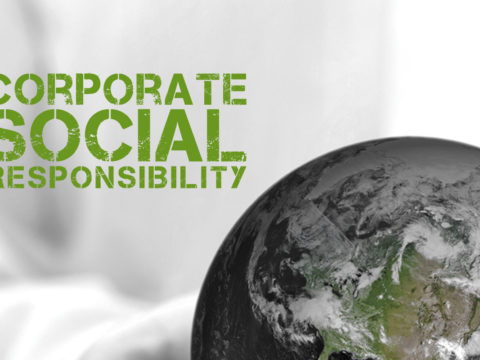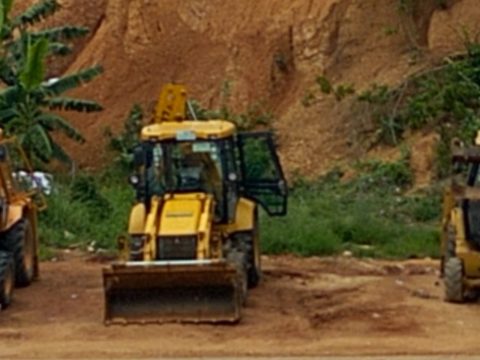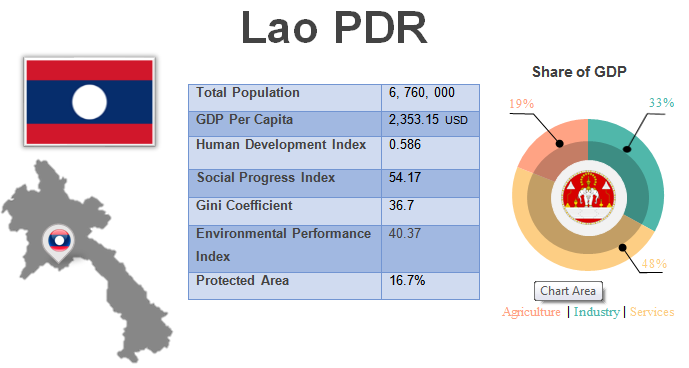Category: Agriculture
Stop Flushing Down Fertility! The Case for Recycling Human “Waste”
By Sonja Muriel Plüss
A nutritious breakfast, the morning coffee, and soon follows the call to the toilet. If you are like me and live in a place with a sewage system, all it takes is a flush for the discharge to be gone from our worlds and we can move on with our morning rhythms.
After the “Second Goldrush” – Possible Impacts of Groundwater Law in California
Shortage of freshwater and drinking water is rapidly becoming a major concern, as it is in the case of California, where desertification of land is progressing, and groundwater levels have extremely decreased.… Read More
Guano Extraction and Indigeneity
Bird poop – the original fertilizer
For thousands of years, indigenous populations have used different forms of fertilizer to grow crops. In Latin America and Oceania, the use of excrement, eggshells, and carcasses of seabirds, bats, and seals has helped crops flourish even in poor soil.… Read More
Corporate Social Responsibility, a General Overview
Development
The term Corporate Social Responsibility (CSR) appeared more than 50 years ago in Howard Bowen’s publication: Social Responsibilities of the Businessmen (1953). The term has evolved for years, but there is an overall understanding among scholars that CSR is the result of the moral obligation that companies have within the society in which they operate.… Read More
Galamsey in Ghana — to ban or not to ban?
It is estimated that 1.1 million people work under small-scale mining (SSM) in Ghana. SSM is comprised of official registered operations and unofficial galamsey (or informal mining). Concerns over galamsey include the loss of biodiversity, environmental degradation, chemical contamination and the employment of child labour. … Read More
High Modernism and The Aral Sea disaster
The Aral Sea desiccation is a textbook example of the anthropocene. Children around the world learn about this ecological disaster in schools. The consequences of the desiccation are well-known the world over: the destruction of a fishing industry that sustained local communities for hundreds of years, the appearance of salt-laden dust storms, the spread of fertilizers and pesticides heavily used in the cotton industry over hundreds of kilometers around the sea, soil salinization, and the detrimental effects on the health of local populations.… Read More
CSR in Lao PDR
History of CSR:
- Lao is a party to several treaties in the field of environmental protection, biodiversity and labour standards.
- Lao has signed Agreements on the Promotion and Mutually Protection of Investments, which have due regard to the protection of environment.





